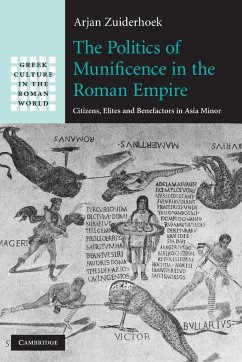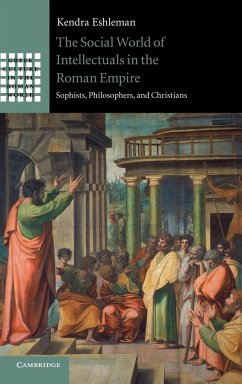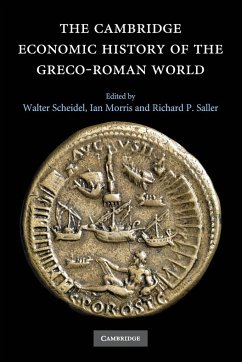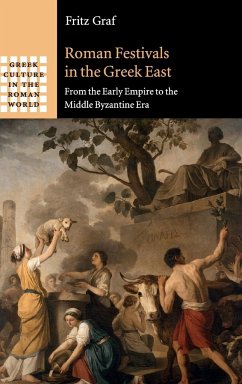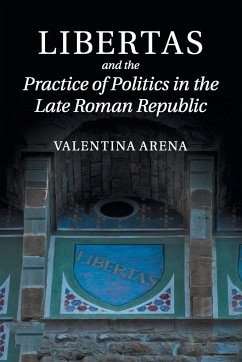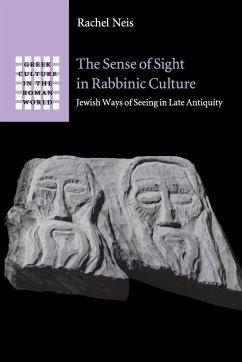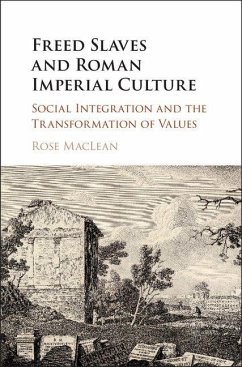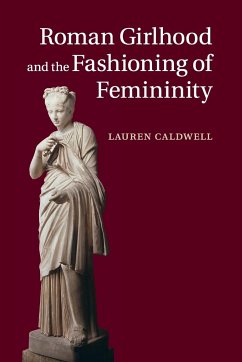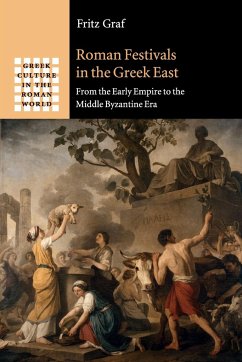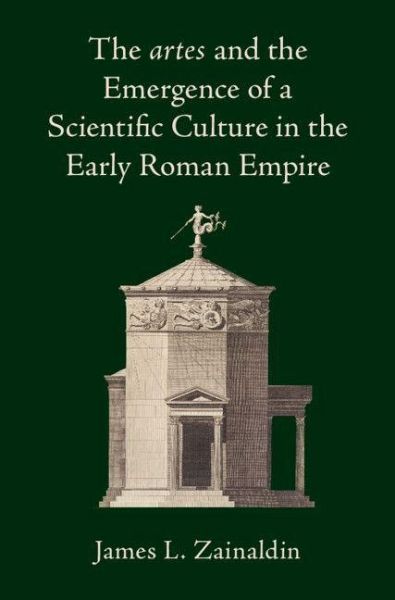
The artes and the Emergence of a Scientific Culture in the Early Roman Empire
Versandkostenfrei!
Versandfertig in 1-2 Wochen
135,99 €
inkl. MwSt.

PAYBACK Punkte
68 °P sammeln!
This book offers the first full-scale, synthetic account of the Latin technical treatises called artes, arguing that their flourishing in the early Roman Empire represents the emergence and development of a uniquely Roman scientific culture. It introduces the Roman artes on architecture, agriculture, land-surveying, medicine, and the art of war to those without specialist knowledge of the disciplines and advances a new argument for their significance vis-à-vis a common intellectual culture. It unpacks the socio-political, literary, and especially philosophical and scientific dimensions of the...
This book offers the first full-scale, synthetic account of the Latin technical treatises called artes, arguing that their flourishing in the early Roman Empire represents the emergence and development of a uniquely Roman scientific culture. It introduces the Roman artes on architecture, agriculture, land-surveying, medicine, and the art of war to those without specialist knowledge of the disciplines and advances a new argument for their significance vis-à-vis a common intellectual culture. It unpacks the socio-political, literary, and especially philosophical and scientific dimensions of these writings. It characterizes the scientific culture which the artes constitute and traces significant themes in their construction of disciplinary expertise, examining the effects of the tension between theory and practice as well as their systematic, explanatory, and interdisciplinary presentation of specialized knowledge. In presenting a novel interpretation of the artes, this book aims to add a new chapter to the history of science in Greco-Roman antiquity.





